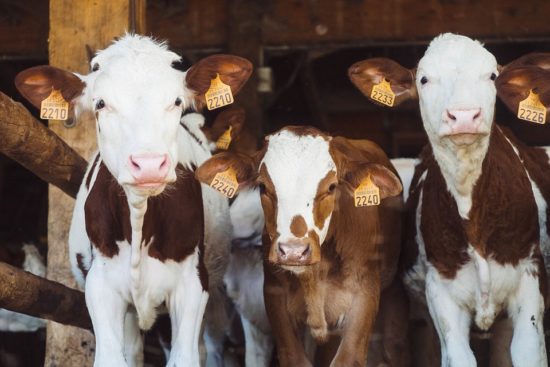Texas Tech Investigates Antimicrobial Resistance in High-Risk Cattle
With the world dealing with a global pandemic thanks to the COVID-19 virus, the food supply chain has seen drastic changes as public consumption and purchasing habits have changed. Those changes are having a particular effect on supplies of beef, chicken, pork and other meats.
Food industry experts and farmers have worked extensively to deliver safe meat for the public, long before the coronavirus ever came into existence. Reducing the amounts of antimicrobials used in food animals is of particular concern in order to produce the healthiest meats possible. Now, that effort will have help from Texas Tech University.
Kristin Hales, a researcher in the College of Agricultural Sciences & Natural Resources, has been awarded a near-$1 million grant as part of a larger initiative from the United States Department of Agriculture (USDA) to mitigate antimicrobial resistance (AMR) across the food chain.
AMR NEWS
Your Biweekly Source for Global AMR Insights!
Stay informed with the essential newsletter that brings together all the latest One Health news on antimicrobial resistance. Delivered straight to your inbox every two weeks, AMR NEWS provides a curated selection of international insights, key publications, and the latest updates in the fight against AMR.
Don’t miss out on staying ahead in the global AMR movement—subscribe now!







